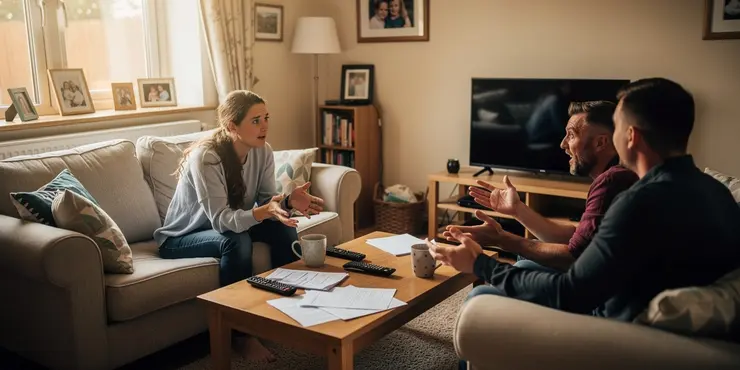
Find Help
More Items From Ergsy search
-
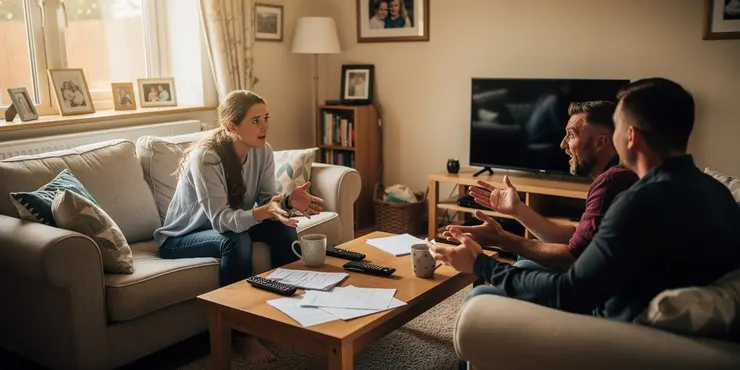
Do I need a TV license for each TV in my home?
Relevance: 100%
-
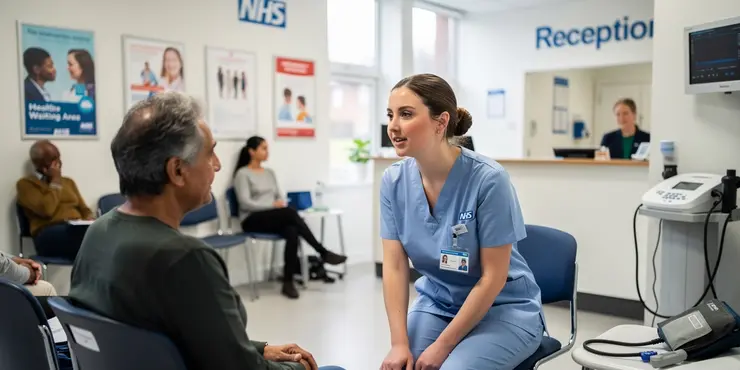
What is a TV license in the UK?
Relevance: 73%
-
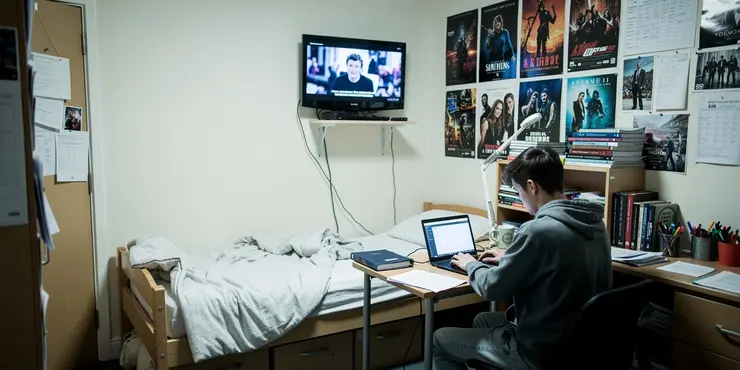
Are students required to pay for a TV license?
Relevance: 71%
-
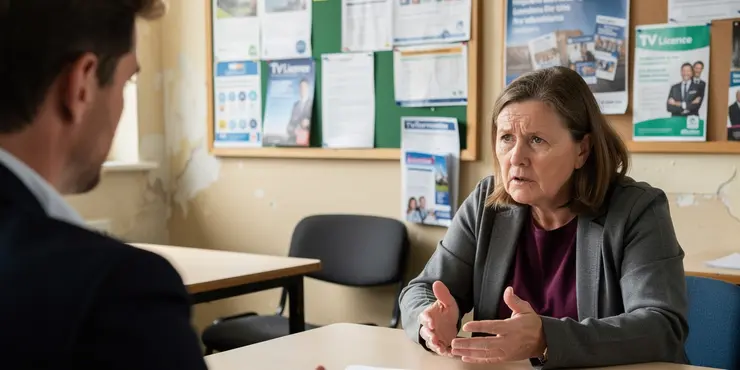
Who needs to pay for a TV license in the UK?
Relevance: 71%
-
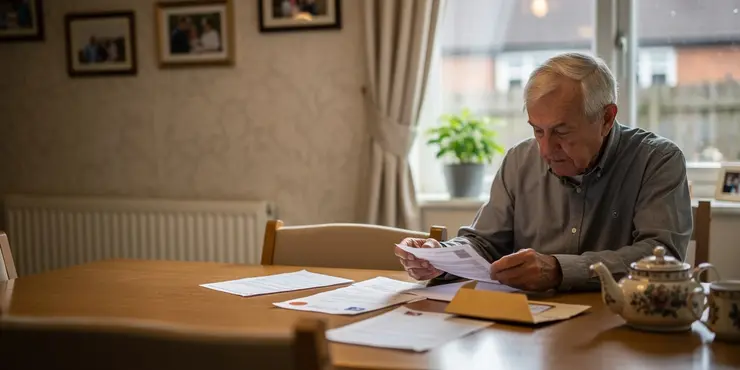
Can I get a discount on my TV license?
Relevance: 70%
-
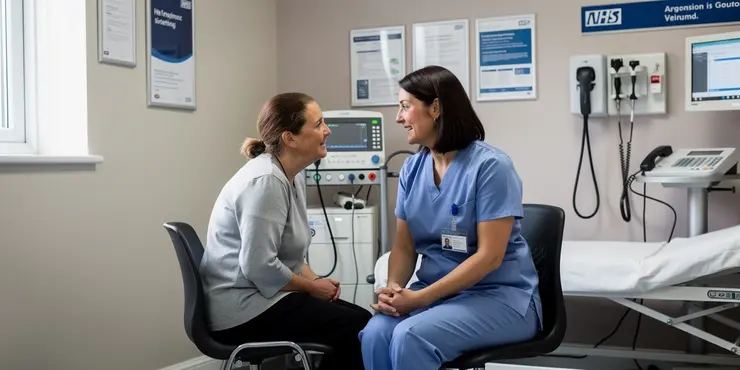
Do I need to pay the television license fee in the UK?
Relevance: 65%
-
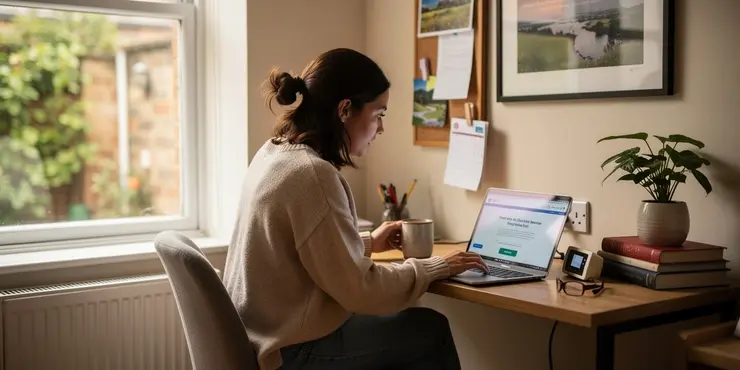
Can I transfer my TV license to a new address?
Relevance: 65%
-
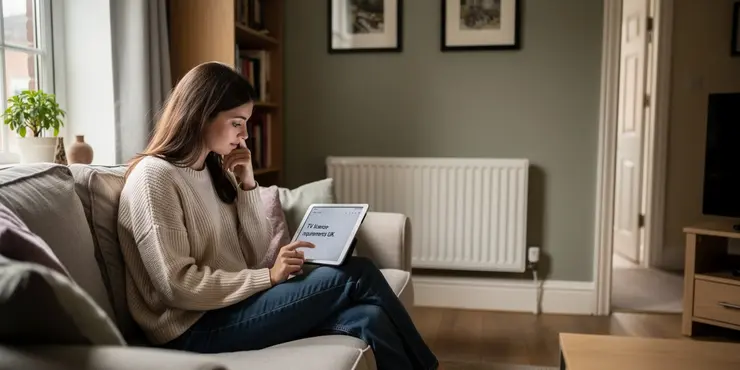
Do I need a TV license if I'm not watching TV?
Relevance: 64%
-

How much does a TV license cost in the UK?
Relevance: 63%
-
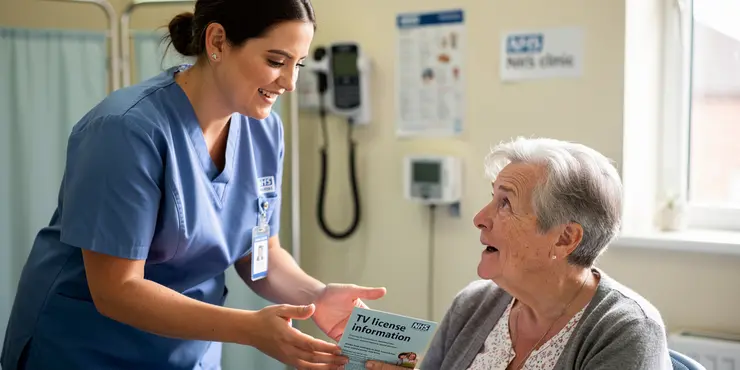
How do I know if I need a TV license?
Relevance: 63%
-
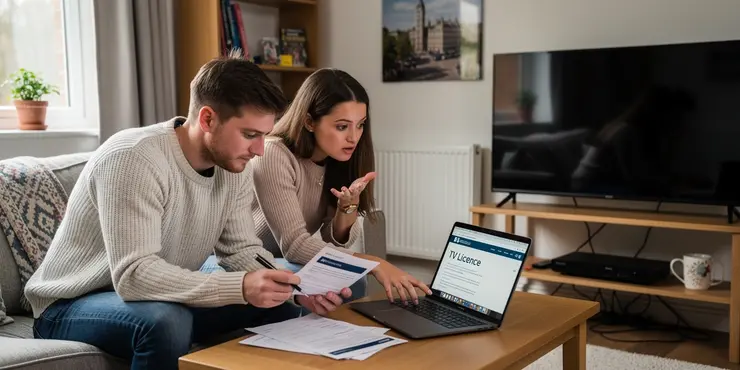
Do I need a TV license to watch BBC iPlayer?
Relevance: 63%
-
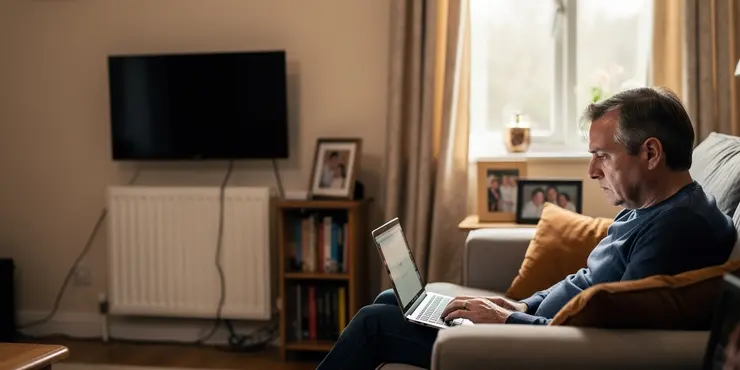
Can I get a refund on my TV license?
Relevance: 62%
-
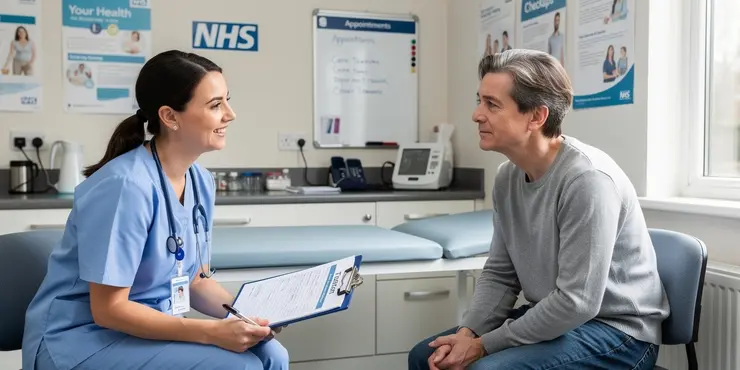
Is a TV license required for watching TV on a mobile device?
Relevance: 62%
-
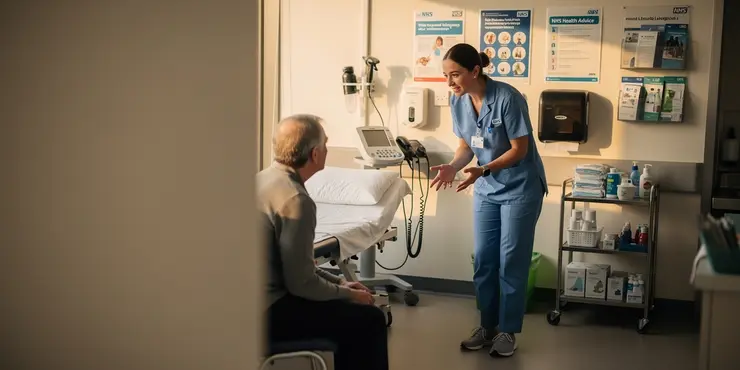
Will the digital license be accepted internationally?
Relevance: 61%
-
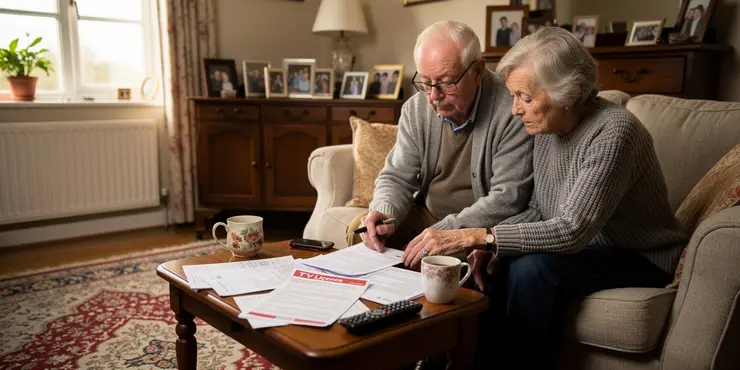
Do pensioners get a free TV license?
Relevance: 61%
-
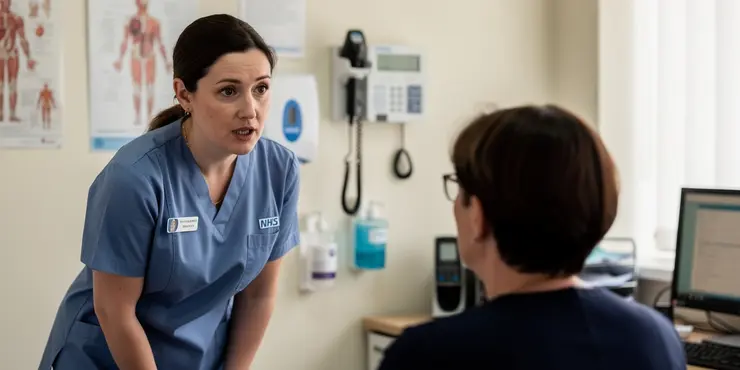
What happens if I don't pay my TV license fee?
Relevance: 60%
-
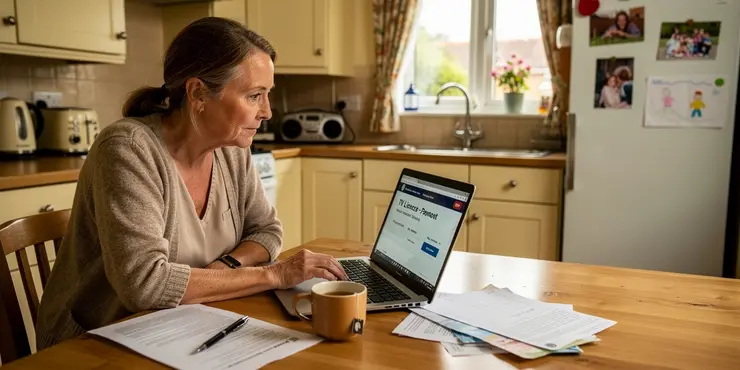
How can I pay for a TV license?
Relevance: 59%
-
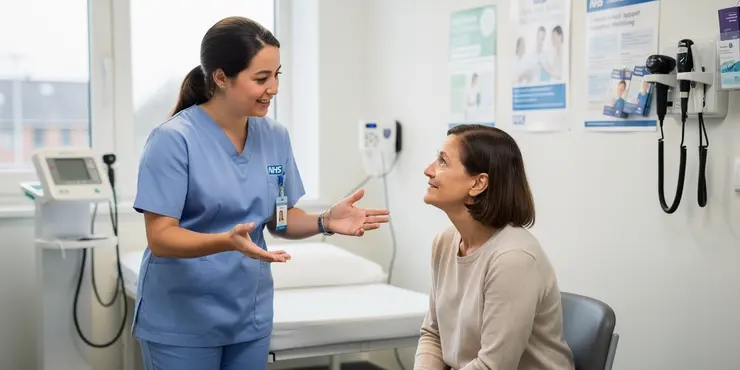
Is it mandatory to have a digital driving license?
Relevance: 59%
-
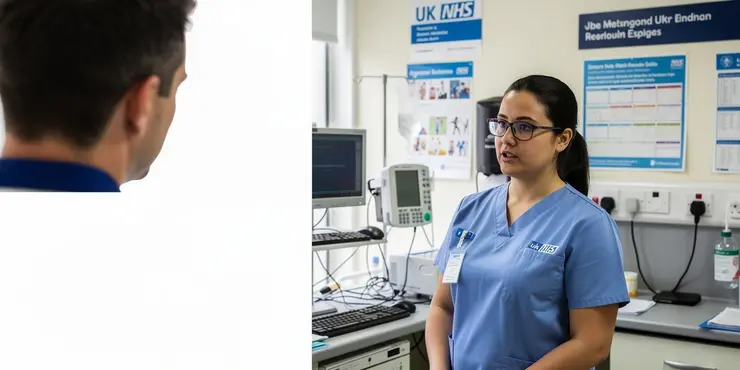
Do I need a TV license if I only watch catch-up TV?
Relevance: 58%
-
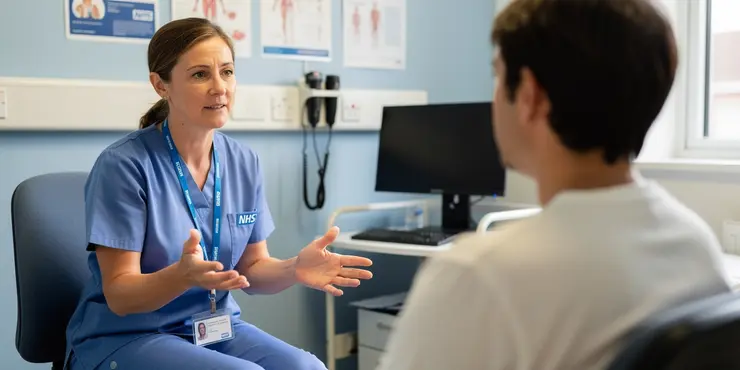
Are there any changes to the driving license categories?
Relevance: 58%
-
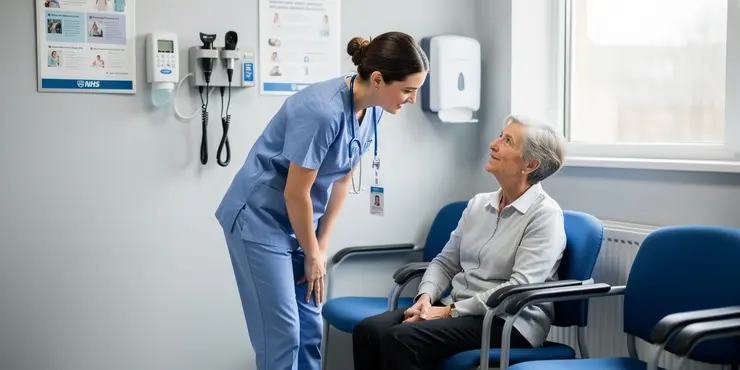
What are the security features of the digital driving license?
Relevance: 56%
-
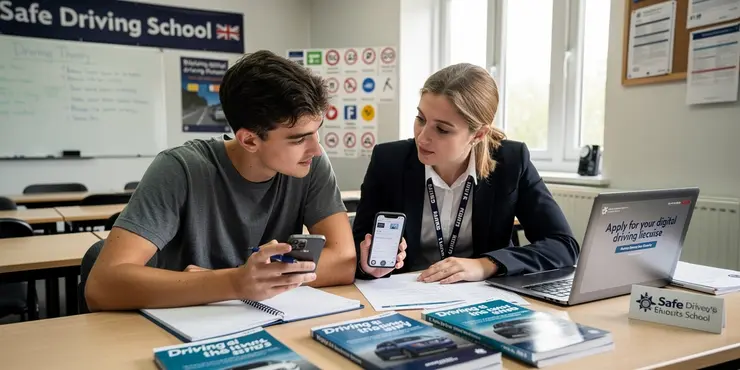
Are there any age restrictions for acquiring a digital driving license?
Relevance: 56%
-

When will the digital driving license be officially available?
Relevance: 56%
-
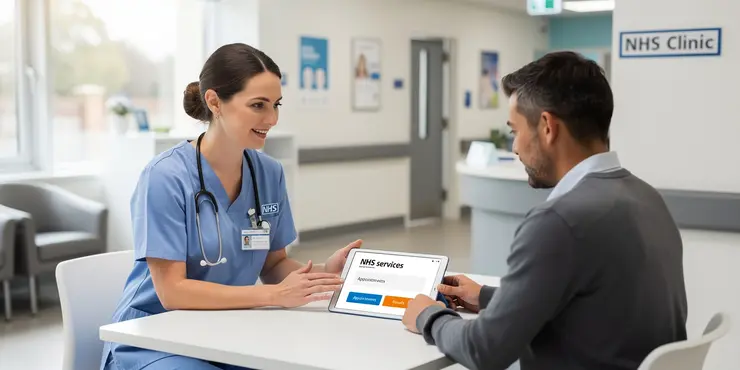
Are there any additional fees for obtaining a digital license?
Relevance: 56%
-
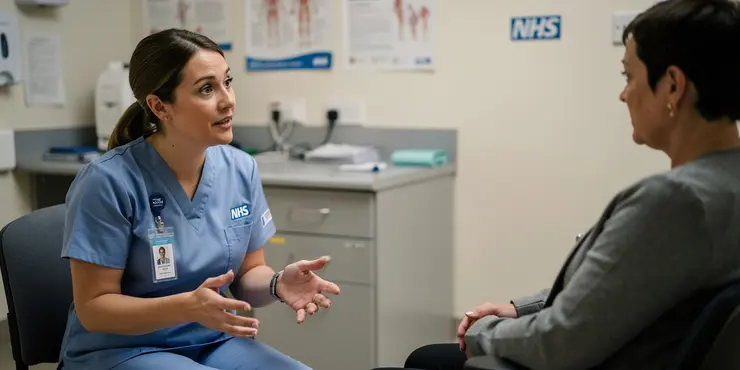
What are the changes for UK Driving Licenses by DVLA in 2025?
Relevance: 56%
-
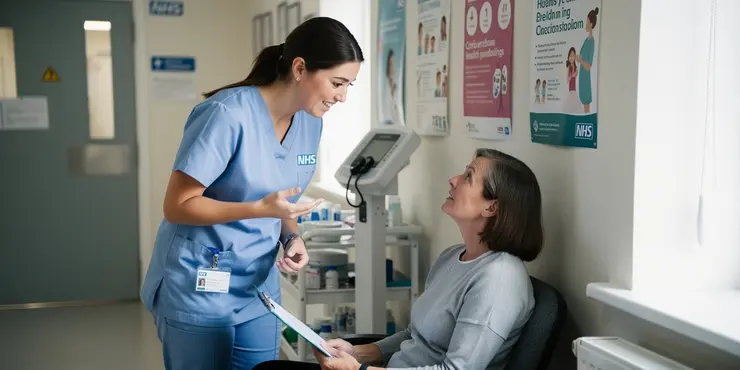
Does the TV license fee apply to radio broadcasts?
Relevance: 56%
-
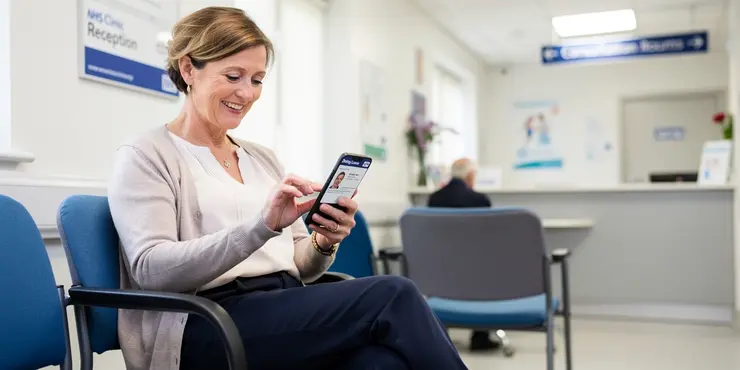
Will the digital driving license replace the physical card?
Relevance: 56%
-
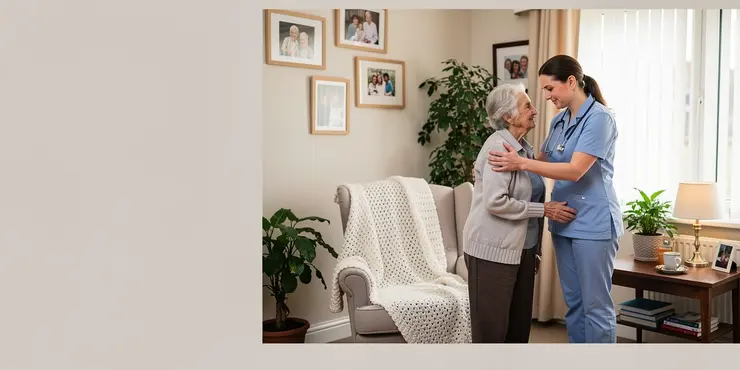
How are care homes different from nursing homes?
Relevance: 56%
-
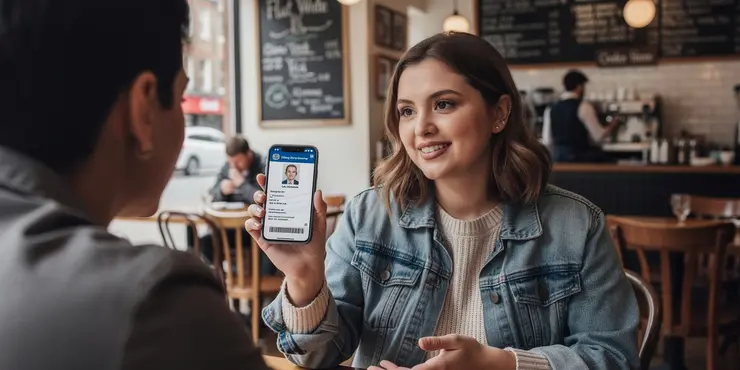
Can the digital license be used as a form of ID for non-driving purposes?
Relevance: 55%
-
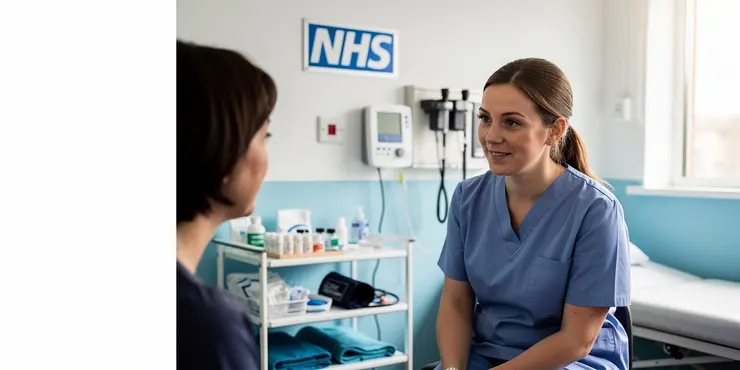
What is the primary change to UK Driving Licenses by DVLA in 2025?
Relevance: 55%
-
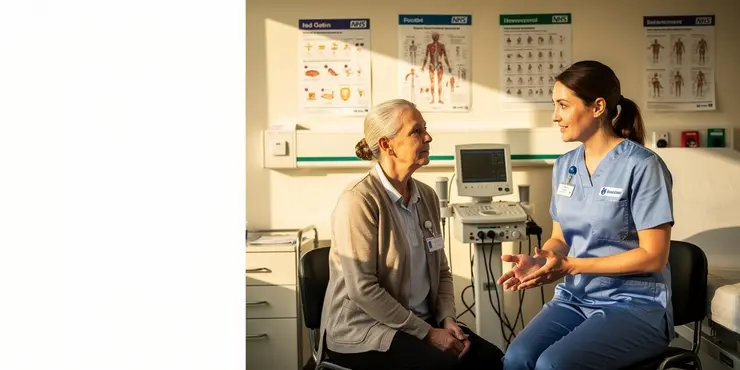
How will police and authorities verify digital driving licenses?
Relevance: 55%
-
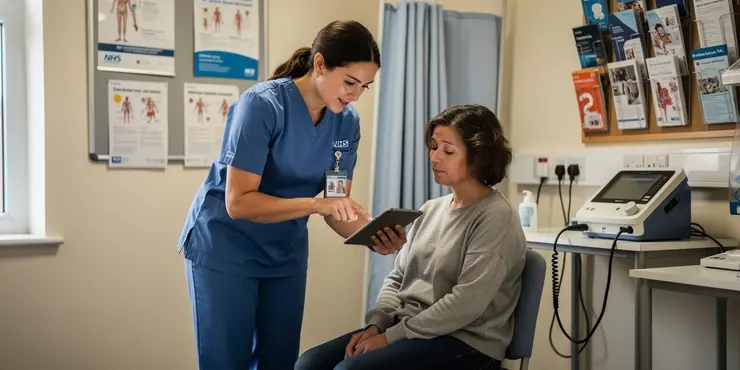
How can drivers access their digital driving license?
Relevance: 55%
-
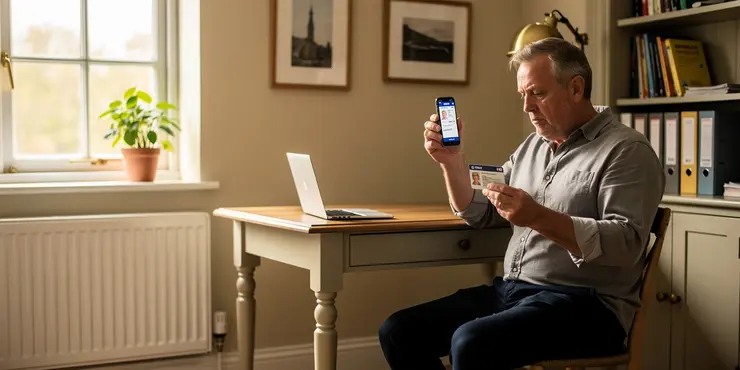
Will older drivers need to switch to digital driving licenses?
Relevance: 54%
-
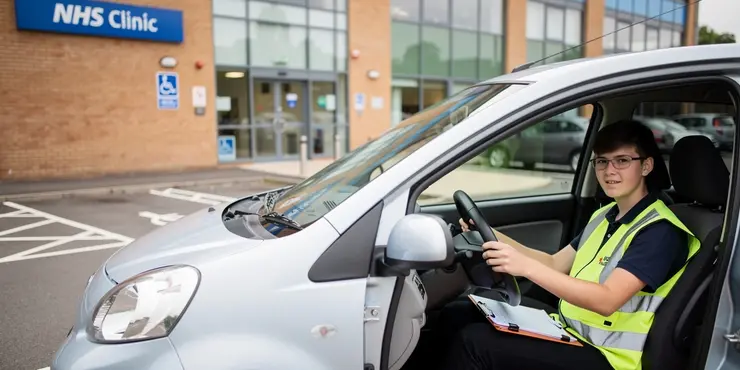
Will provisional licenses also be available in digital format?
Relevance: 54%
-

What should drivers do if there are errors in their digital license data?
Relevance: 54%
-
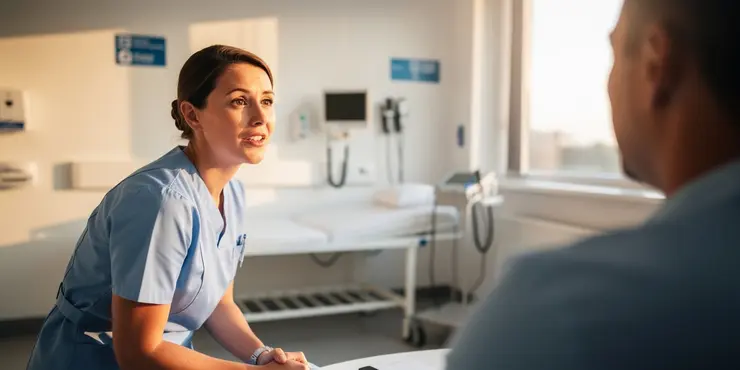
Will there be any changes to the renewal process for driving licenses?
Relevance: 54%
-
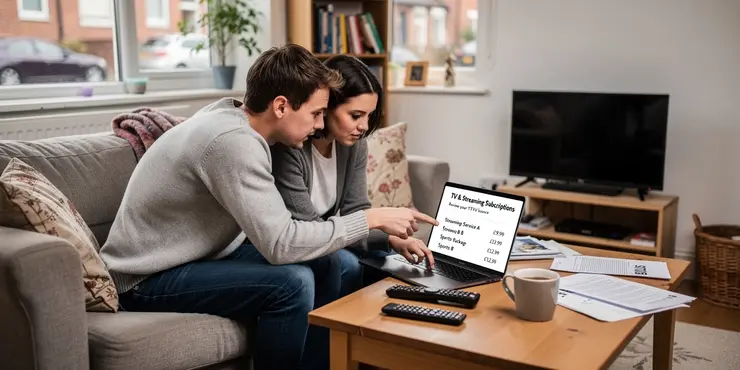
Do I need a TV license if I only watch streaming services like Netflix?
Relevance: 53%
-
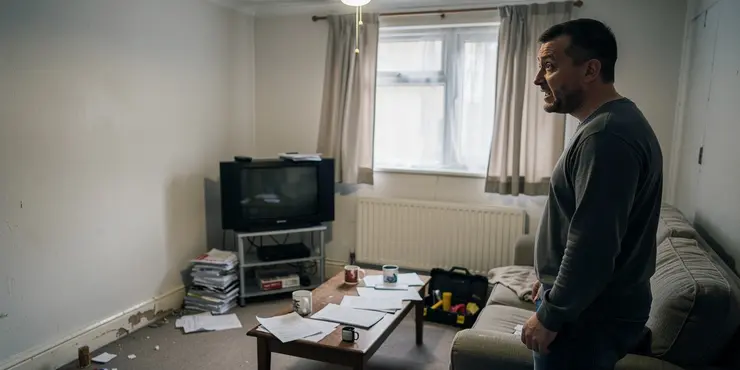
Landlord Licensing Laws Under Review as Tenants Call for Stronger Protections
Relevance: 51%
-
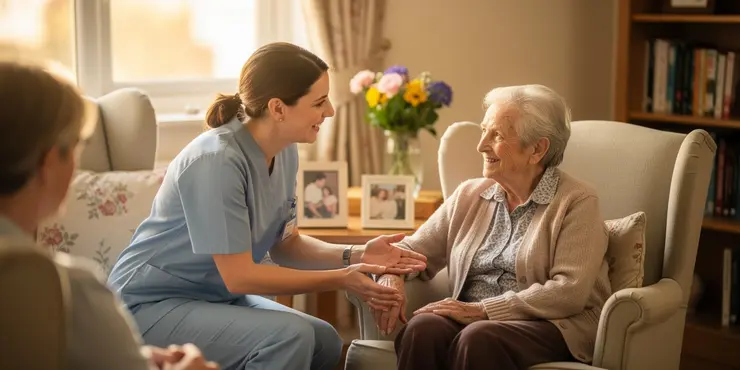
What are Care Homes?
Relevance: 47%
-
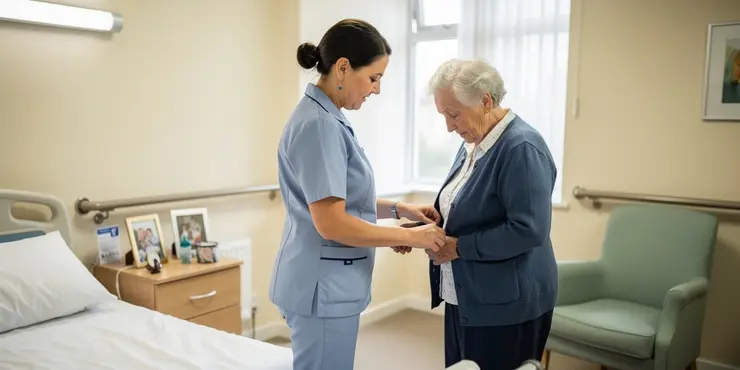
What qualifications do care home staff have?
Relevance: 45%
Overview of TV Licensing in the UK
In the United Kingdom, the TV licensing system governs the legal requirements for watching television broadcasts. It is essential for individuals and households to understand the TV licensing requirements to avoid potential fines. The TV license covers a multitude of devices within a household, not just traditional televisions. This article will explain whether you need a separate TV license for each television set within your home.
Understanding the TV License
A TV license in the UK allows you to legally watch or record live TV broadcasts on any channel and access BBC iPlayer. This requirement includes watching TV on any device, including mobile phones, tablets, and computers, as well as traditional TV sets. The license fee supports the funding of BBC services.
Do You Need a Separate License for Each TV?
The good news for UK residents is that one TV license covers all the TVs in your home. You do not need to purchase a separate TV license for each television set you own. The single license covers all equipment used to receive live TV broadcasts at one address. This means all TVs, as well as other devices used to watch live broadcasts or on-demand services from the BBC, are included under one household license.
What is Covered by a Single TV License?
Having a TV license allows you to watch or record programming as it's being broadcast on TV, including terrestrial, satellite, cable, or the internet. You can use any device, such as a laptop, desktop computer, smartphone, or tablet, to watch live TV legally under the same license. In addition, the TV license covers BBC iPlayer use. However, a license is not needed for using other streaming services, like Netflix or Amazon Prime Video, unless you are watching their live TV offerings.
Exceptions and Special Circumstances
While a single TV license generally covers all equipment in a home, there are instances where separate licenses may be required. If you have tenants or lodgers with separate rental agreements, they may need their own TV licenses if they use their own TVs or devices in their separate accommodations. Additionally, students living away from home may require their own licenses for watching live TV in university accommodations.
Legal Obligations and Penalties
Failing to have a valid TV license when required can result in legal action, including fines of up to £1,000. Therefore, it is essential for households to ensure they are compliant with TV licensing requirements. You can purchase or renew your TV license online through the official TV Licensing website or by other available methods.
Conclusion
In summary, you only need one TV license per household, which will cover all TVs and other devices capable of receiving live television broadcasts at your address. It is crucial to stay informed about the regulations to ensure compliance and avoid any potential fines.
Overview of TV Licensing in the UK
In the UK, you need a TV license to watch television. It's important to know the rules so you don't get a fine. A TV license lets you watch TV on lots of devices, not just on TV sets. This guide will help you understand if you need a TV license for each TV in your home.
Understanding the TV License
A TV license means you can watch or record live TV on any channel, and use BBC iPlayer. It works for all devices like phones, tablets, computers, and TV sets. The money from the license helps pay for BBC services.
Do You Need a Separate License for Each TV?
Here's the good news: you only need one TV license for your whole house. This one license covers all the TVs and devices that you use to watch live TV at your address. So, you don’t need to buy a separate license for each TV.
What is Covered by a Single TV License?
A TV license lets you watch or record live TV from places like cable, satellite, or the internet. You can watch on any device, like laptops or tablets, with this license. It also covers using BBC iPlayer. You don’t need a TV license for watching other streaming services like Netflix, unless you watch live TV from them.
Exceptions and Special Circumstances
Usually, one TV license covers everything in a home, but there are exceptions. If you rent out a room or have lodgers, they might need their own TV licenses. Students living away from home might also need their own license for watching live TV.
Legal Obligations and Penalties
If you watch TV without a license when you need one, you could get a fine up to £1,000. It's important to have the right license. You can get or renew your TV license online or in other ways.
Conclusion
In short, one TV license covers all the TVs and devices for live TV in your home. Keep up with the rules to avoid fines.
Frequently Asked Questions
Do I need a TV license for each TV in my home?
No, a single TV license covers all TVs in your home.
Can one TV license cover multiple televisions?
Yes, one TV license can cover multiple televisions in the same household.
If I have more than one TV, how many licenses do I need?
You only need one TV license per household, regardless of the number of TVs.
Does the number of TVs affect the licensing requirement?
No, the number of TVs does not affect the requirement; one license covers all.
Is a separate TV license needed for each room with a TV?
No, a single TV license covers all rooms in the same residential address.
How many TV licenses do multiple TVs in a house need?
Multiple TVs in a house require only one TV license.
Will having more TVs increase my TV license fee?
No, having more TVs does not increase the fee, as one license covers all TVs.
Do I have to pay for a TV license for every TV set I own?
You do not have to pay for a license for each TV set; one license suffices.
Is a TV license necessary for each television set in a home?
No, you only need a single TV license per household to cover all TVs.
If there are multiple TVs, do I need multiple TV licenses?
No, multiple TVs only require one TV license per household.
Does each TV in my home need a separate license?
No, a single TV license is sufficient for all TVs in your home.
Can I use one TV license for various TVs in my house?
Yes, one TV license can be used for various TVs in the same house.
Do increased TV numbers mean more licenses are needed?
Increased number of TVs does not mean more licenses; one license is enough.
Is it necessary to have a TV license for each individual TV?
No, it is not necessary to have a separate TV license for each individual TV.
Does owning more TVs require additional TV licenses?
Owning more TVs does not require additional licenses; one covers all.
If I put TVs in different rooms, do I need more licenses?
Putting TVs in different rooms does not require more licenses; one license suffices.
Am I charged extra for having multiple TVs under one license?
No, you are not charged extra for multiple TVs under one TV license.
Is one license enough for several TVs in one household?
Yes, one license is enough to cover several TVs in one household.
Do I need different TV licenses for different TVs?
No, different TVs in the same home can be covered by the same TV license.
Will a single TV license be valid for all my TVs?
Yes, a single TV license is valid for all your TVs in one residence.
Do I need a TV license for each TV in my home?
You do not need a TV license for each TV. You just need one TV license for your whole home.
You need a TV license if you watch live TV or use BBC iPlayer.
Here are some tips to help you understand:
- Remember that one license covers all TVs in your home.
- A TV license helps you watch live TV and BBC iPlayer legally.
- Use tools like pictures or videos to help explain TV licenses.
No, you only need one TV license for all the TVs in your home.
Can I use one TV license for more than one TV?
Yes, one TV license can cover all the TVs in your home.
If I have more than one TV, how many licenses do I need?
If you have more than one TV at home, you might wonder how many licenses you need.
Only one license is required for each home. This covers all the TVs, computers, tablets, and phones in your house.
If it's hard to remember, you can use a calendar or set reminders on your phone to check your license status regularly.
You only need one TV license for your whole home. It doesn't matter how many TVs you have.
Do more TVs mean you need a license?
No, it doesn't matter how many TVs you have. You only need one license for all of them.
Do you need a TV license for each room with a TV?
If you have TVs in different rooms, you might wonder if you need to pay for a separate TV license for each one.
Here is how it works:
- You usually need just one TV license for your home. All TVs in your house are covered by this one license.
- It doesn't matter how many TVs you have in different rooms.
Helpful Tip:
If you find reading hard, ask someone to explain this. Or use tools that read text out loud, like screen readers.
No, you only need one TV license for all the rooms in your home.
How many TV licenses do I need if I have more than one TV in my house?
If you have lots of TVs at home, you only need one TV license.
This one license will cover all your TVs in the house.
You don’t need more than one license for more TVs.
If reading is hard, you can use tools to help you. Try using audiobooks or videos to understand better.
You only need one TV license for all the TVs in your house.
If I get more TVs, will my TV license cost more?
No, having more TVs does not make the fee higher. One license covers all the TVs you have.
Do I need to buy a TV license for each TV I have?
You only need one TV license for your whole home. This means you can watch on all the TVs you own without paying more.
If you need help remembering this, try using sticky notes as reminders, or set a reminder on your phone.
You don’t need to buy a license for every TV you have. One license is enough.
Do you need a TV license for every TV in your home?
No, you only need one TV license for your home. It covers all the TVs in your house.
Do I need a TV license for each TV?
No, you only need one TV license for all the TVs in your home.
Do I need a TV license for each TV in my house?
If you watch live TV or use BBC iPlayer, you need a TV license.
You do not need a separate license for each TV in your home. One license covers all TVs in the house.
Tools to help you understand:
- Ask someone to explain the rules to you.
- Look for videos online about TV licenses.
You only need one TV license for all the TVs in your home.
Can I use one TV license for all the TVs in my home?
If you have more than one TV in your home, you might wonder if you need a separate license for each TV. The good news is that one TV license covers all the TVs in your house. You don't need to buy a license for each one.
Here is a tip to help you remember:
- One license = all TVs in your home
Supportive tools you can use:
- Ask someone you trust to explain this to you.
- Use pictures or drawings to remember this rule.
Yes, you can use one TV license for different TVs in the same house.
Do we need more TV licenses if more people have TVs?
Many people are getting new TVs. Does this mean we need more TV licenses? Let's look at why.
Having a TV license is important. It allows you to watch TV legally. But when more people have TVs, the rules might change.
Here are some helpful tools to remember:
- Ask an adult: If you are not sure, ask a grown-up for help.
- Use pictures: Look at pictures or drawings to understand better.
- Read slowly: Take your time when reading.
These can help you understand if we need more TV licenses or not.
If you have more TVs, you don't need to buy more licenses. One license is enough for all your TVs.
Do you need a TV license for every TV?
If you watch or record TV on any TV, you need a TV license.
You only need one TV license for your whole home. It covers all the TVs there.
You can use tools like big text or text-to-speech to help you understand better.
No, you do not need a different TV license for every TV you have.
If you have more TVs, do you need more TV licenses?
Having extra TVs at home might mean you need more TV licenses. A TV license is a bit like a ticket that lets you watch TV shows legally. It's good to check the rules about your country. You can use tools like a website or ask someone for help to make sure.
If you have more TVs, you don’t need extra licenses. One license covers them all.
Do I need more licenses for TVs in different rooms?
You don't need more TV licenses if you have TVs in different rooms. One TV license is enough.
Do I need to pay more if I have more than one TV?
No, you do not have to pay more money for using more than one TV with your TV license.
Can I use one TV license for all the TVs at home?
Yes, one TV license is enough for all the TVs in your home.
Do I need a separate TV license for each TV?
If you have more than one TV, you might wonder if you need a license for each one. Here is an easy way to understand:
- You usually just need one TV license for your home. It covers all TVs in your house.
- If you live in a shared house, each person might need their own license.
- If you are a student and live away from home, you might need your own license too.
Tools to help:
- Use pictures and videos to help explain TV licenses.
- Ask someone you trust for help if you don’t understand.
No, all the TVs in your home can use the same TV license.
Can I use one TV license for all my TVs?
Yes, one TV license is enough for all the TVs in your home.
Useful Links
This website offers general information and is not a substitute for professional advice.
Always seek guidance from qualified professionals.
If you have any medical concerns or need urgent help, contact a healthcare professional or emergency services immediately.
Some of this content was generated with AI assistance. We’ve done our best to keep it accurate, helpful, and human-friendly.
- Ergsy carfully checks the information in the videos we provide here.
- Videos shown by Youtube after a video has completed, have NOT been reviewed by ERGSY.
- To view, click the arrow in centre of video.
- Most of the videos you find here will have subtitles and/or closed captions available.
- You may need to turn these on, and choose your preferred language.
- Go to the video you'd like to watch.
- If closed captions (CC) are available, settings will be visible on the bottom right of the video player.
- To turn on Captions, click settings .
- To turn off Captions, click settings again.
More Items From Ergsy search
-

Do I need a TV license for each TV in my home?
Relevance: 100%
-

What is a TV license in the UK?
Relevance: 73%
-

Are students required to pay for a TV license?
Relevance: 71%
-

Who needs to pay for a TV license in the UK?
Relevance: 71%
-

Can I get a discount on my TV license?
Relevance: 70%
-

Do I need to pay the television license fee in the UK?
Relevance: 65%
-

Can I transfer my TV license to a new address?
Relevance: 65%
-

Do I need a TV license if I'm not watching TV?
Relevance: 64%
-

How much does a TV license cost in the UK?
Relevance: 63%
-

How do I know if I need a TV license?
Relevance: 63%
-

Do I need a TV license to watch BBC iPlayer?
Relevance: 63%
-

Can I get a refund on my TV license?
Relevance: 62%
-

Is a TV license required for watching TV on a mobile device?
Relevance: 62%
-

Will the digital license be accepted internationally?
Relevance: 61%
-

Do pensioners get a free TV license?
Relevance: 61%
-

What happens if I don't pay my TV license fee?
Relevance: 60%
-

How can I pay for a TV license?
Relevance: 59%
-

Is it mandatory to have a digital driving license?
Relevance: 59%
-

Do I need a TV license if I only watch catch-up TV?
Relevance: 58%
-

Are there any changes to the driving license categories?
Relevance: 58%
-

What are the security features of the digital driving license?
Relevance: 56%
-

Are there any age restrictions for acquiring a digital driving license?
Relevance: 56%
-

When will the digital driving license be officially available?
Relevance: 56%
-

Are there any additional fees for obtaining a digital license?
Relevance: 56%
-

What are the changes for UK Driving Licenses by DVLA in 2025?
Relevance: 56%
-

Does the TV license fee apply to radio broadcasts?
Relevance: 56%
-

Will the digital driving license replace the physical card?
Relevance: 56%
-

How are care homes different from nursing homes?
Relevance: 56%
-

Can the digital license be used as a form of ID for non-driving purposes?
Relevance: 55%
-

What is the primary change to UK Driving Licenses by DVLA in 2025?
Relevance: 55%
-

How will police and authorities verify digital driving licenses?
Relevance: 55%
-

How can drivers access their digital driving license?
Relevance: 55%
-

Will older drivers need to switch to digital driving licenses?
Relevance: 54%
-

Will provisional licenses also be available in digital format?
Relevance: 54%
-

What should drivers do if there are errors in their digital license data?
Relevance: 54%
-

Will there be any changes to the renewal process for driving licenses?
Relevance: 54%
-

Do I need a TV license if I only watch streaming services like Netflix?
Relevance: 53%
-

Landlord Licensing Laws Under Review as Tenants Call for Stronger Protections
Relevance: 51%
-

What are Care Homes?
Relevance: 47%
-

What qualifications do care home staff have?
Relevance: 45%


